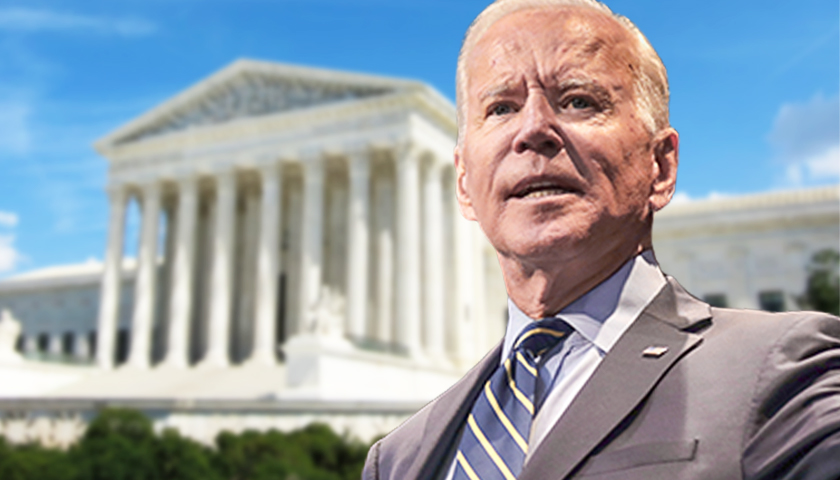Last month the Supreme Court ended the 40-year precedent known as the Chevron Doctrine. When the Chevron v. Natural Resources Defense Council ruling was handed down in 1984 there was nil understanding that it would enable the burgeoning 20th Century administrative state to dig its foundation down to societal bedrock. This legal precedent tied the hands of lower courts over the next 40 years, forcing them to defer to administrative agencies on how to interpret the law in areas that congress did not offer crystal clarity.
Chevron opened the door for succeeding precedents like the 2005 ruling in the National Cable & Telecommunications Ass’n v. Brand X Internet Services case, which enabled governmental agencies to “override judicial constructions of ambiguous federal laws by promulgating their own conflicting, yet authoritative, interpretations.” In 2020, Supreme Court Associate Justice Clarence Thomas, who wrote the Brand X opinion, lamented the ruling, rightly noting that it further ensconced judicial doctrine to the point of “administrative absolutism.” In essence, Chevron, and subsequent precedent under its umbrella, allowed presidential administrations to legislate around congress through cabinet agency directors.
Read More

